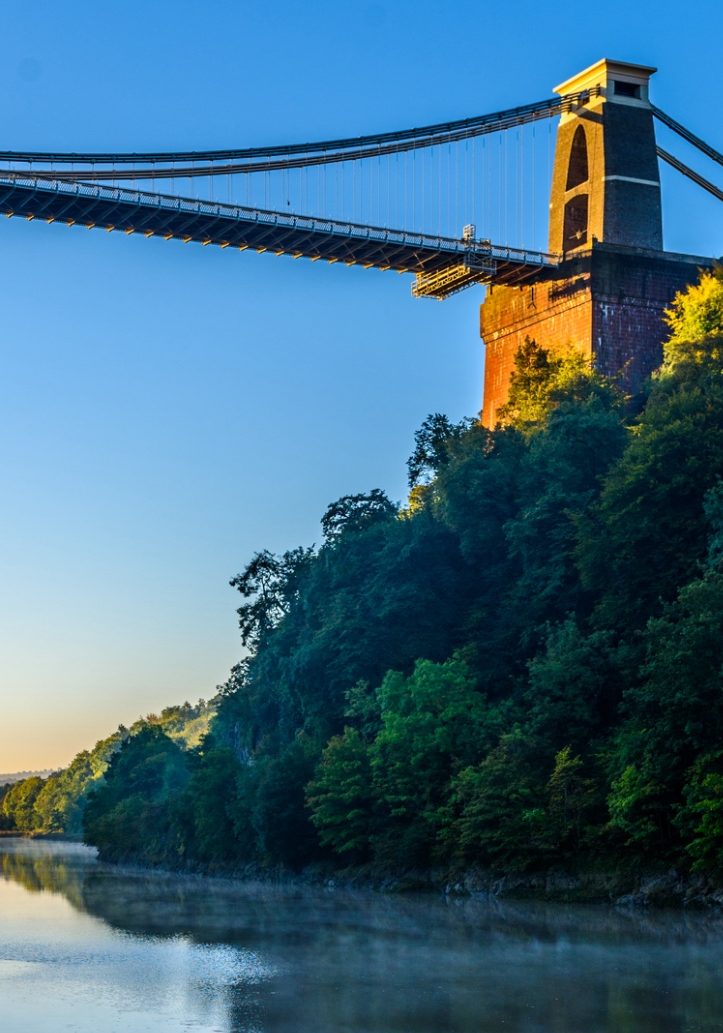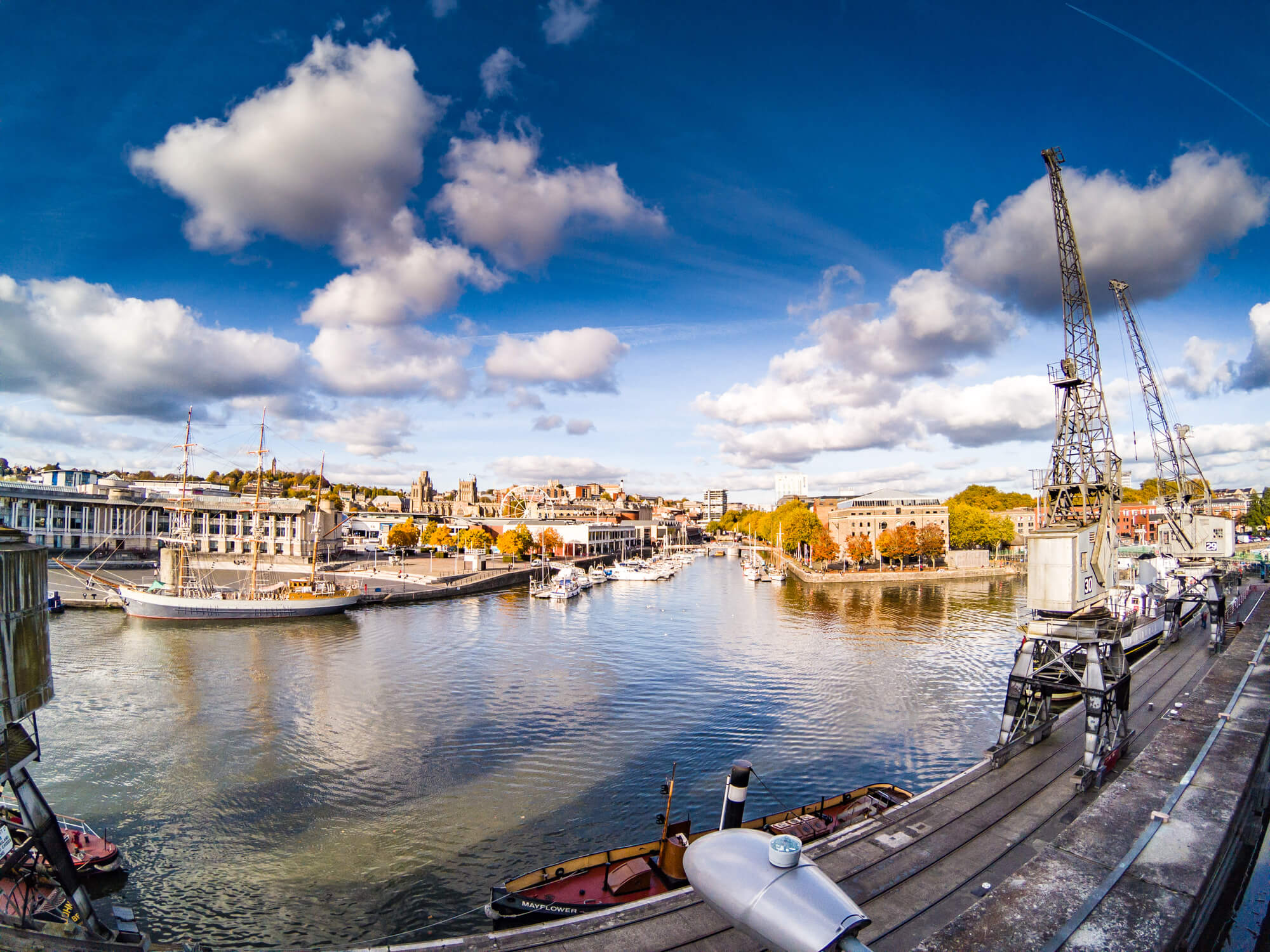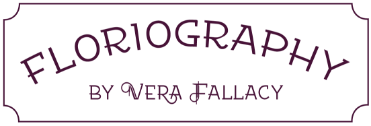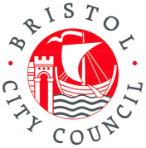about Bristol city
Bristol is a vibrant, commercially thriving city.
Bristol (Listeni /ˈbrɪstəl/) is a city, unitary authority area and ceremonial county in South West England. With an estimated population of 465,900 for the unitary authority in 2020, and a surrounding Larger Urban Zone (LUZ) with well over a million residents, it is the United Kingdom's tenth most populous city and the most populous city in South West England.
Bristol is nowadays a young city, with a median age of 32.4 years, almost eight years younger than the median for England and Wales as a whole, which is 40.3 years. This relatively youthful demographic profile bodes well for employers wanting to tap into an energetic and creative workforce with up-to-date education and to grow their businesses sustainably.
It is also one of the more culturally diverse cities in the UK, with more a fifth of the population not ‘White British’ at the census of 2011, and more than a third of the city’s schoolchildren in 2021 belonging to other ethnic or national identities.
Bristol is the largest centre of culture, employment and education in the region.
Bristol serves as the major regional economic centre for South-West England, having almost twice the population of the next-biggest city in the region, which is Plymouth.


It has two universities, Bristol University and University of the West of England, which between them have played host to over 50,000 students at any one time in recent years. Bristol is a popular destination for student life, and many graduates who have got used to the cultural scene and established their own social networks in the city are happy to stay on there to work, providing excellent recruitment opportunities for local businesses looking for well-qualified new talent.
As of December 2020, Bristol enjoyed an employment rate over 77.1%, well above the national average of 75.4%, testifying to the resilience of the local economy, in spite of pockets of deprivation. The median annual salary in Bristol in 2020 was £31,900, also well above the average of £30,500 for Great Britain as a whole.
The prosperity of Bristol was founded on its status as an inland port with access to the sea through the Severn Estuary. The commercial Port of Bristol was originally in the city centre before being moved to nearby Avonmouth.
Royal Portbury Dock is on the western edge of the city boundary. In more recent years, the economy has been centred in the creative media, electronics and aerospace industries, with call centres for the financial service industries providing another significant focus of employment. The old centre docks have been regenerated as a centre of heritage and culture.
Bristol’s status as a fashionable creative hub has prospered thanks to the reputation of its music scene since the 1990s, with critically acclaimed artists Massive Attack / Tricky, Portishead and Roni Size / Reprazent all thriving here in that decade and mostly achieving international fame. In the 2000s, local street artist Banksy became an international sensation, and since then a number of popular street art festivals have been held. Meanwhile, the Bristol Old Vic and the Tobacco Factory Theatres have become significant venues for live theatre performance, and the Watershed promotes local artists and cinematographers.
There are almost 40 other populated places on Earth named Bristol, including 21 with a confirmed population in excess of 300, all of which are located in the United States or Canada, but there are also smaller Bristols in Peru, Barbados, Jamaica and Costa Rica. It is presumed that all these places were directly or indirectly named after the Bristol in England, as a result of overseas settlers wanting to honour their city of origin.








